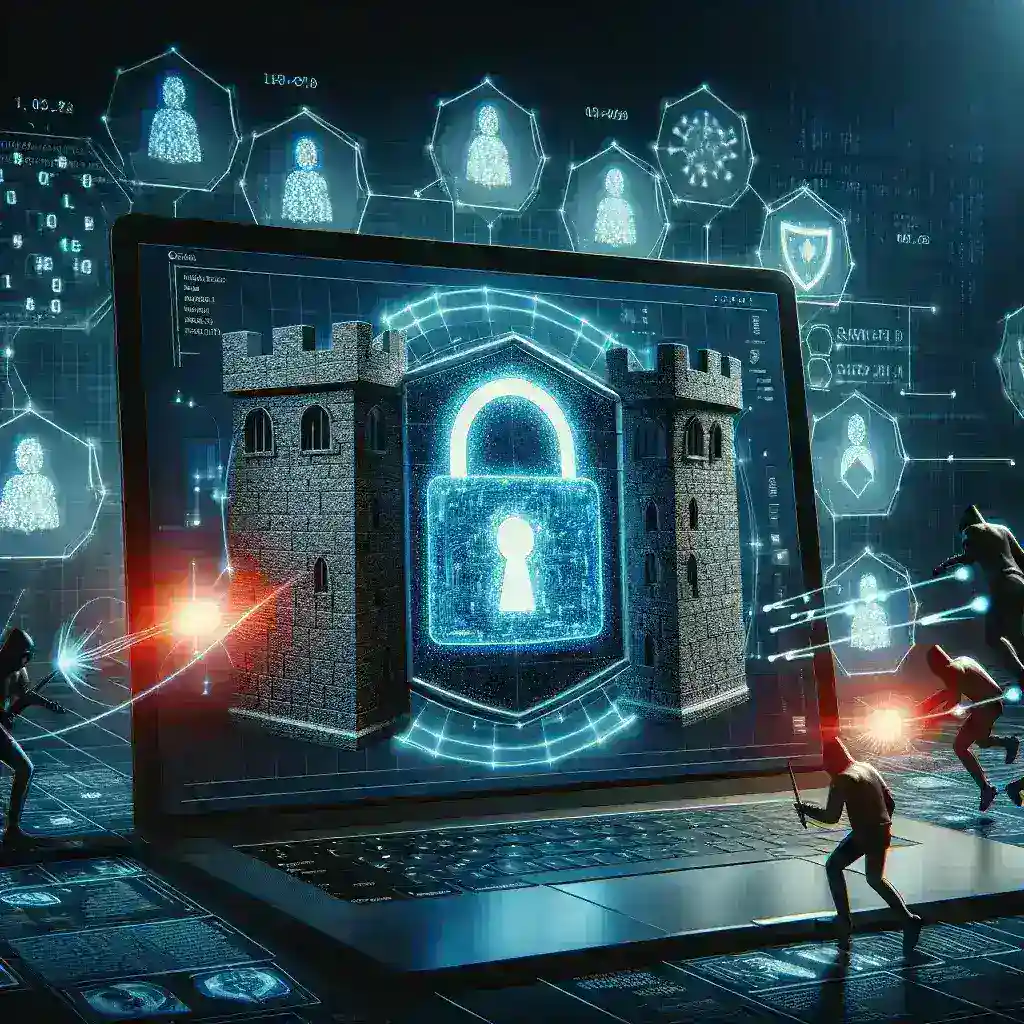Introduction to Cybersecurity
In today’s digital age, cybersecurity has become a crucial aspect of our daily lives. With the increasing number of cyber threats, understanding the basics of cybersecurity is essential to protect yourself from hackers.
What is Cybersecurity?
Cybersecurity involves practices and technologies designed to protect networks, devices, programs, and data from attack, damage, or unauthorized access. It encompasses a variety of measures to ensure the confidentiality, integrity, and availability of information.
Common Cyber Threats
Being aware of common cyber threats can help you recognize potential dangers and take appropriate measures to safeguard your information. Here are some prevalent threats:
- Phishing: Fraudulent attempts to obtain sensitive information by disguising as a trustworthy entity.
- Malware: Malicious software designed to damage, disrupt, or gain unauthorized access to computer systems.
- Ransomware: A type of malware that encrypts a victim’s data, demanding payment for the decryption key.
- Social Engineering: Manipulative tactics used to trick individuals into giving away confidential information.
Basic Cybersecurity Principles
Following these basic principles can significantly enhance your cybersecurity posture:
- Strong Passwords: Use complex and unique passwords for different accounts. Consider using a password manager to keep track of them.
- Two-Factor Authentication (2FA): Enable 2FA to add an extra layer of security to your online accounts.
- Regular Updates: Keep your software, operating systems, and applications up-to-date to patch vulnerabilities.
- Backup Data: Regularly back up your data to recover information in case of a cyberattack or data loss.
- Be Wary of Suspicious Emails: Do not open attachments or click on links from unknown or suspicious sources.
Protecting Your Devices
Here are some actionable steps to protect your devices from cyber threats:
- Install Antivirus Software: Use reliable antivirus software to detect and remove malicious programs.
- Secure Your Network: Use strong, unique passwords for your Wi-Fi network and enable network encryption.
- Be Cautious with Public Wi-Fi: Avoid accessing sensitive information when connected to public Wi-Fi networks. Use a VPN for added security.
Final Thoughts
Understanding the basics of cybersecurity and adopting best practices is vital in safeguarding yourself from hackers. By staying informed and vigilant, you can protect your digital life from potential threats.

